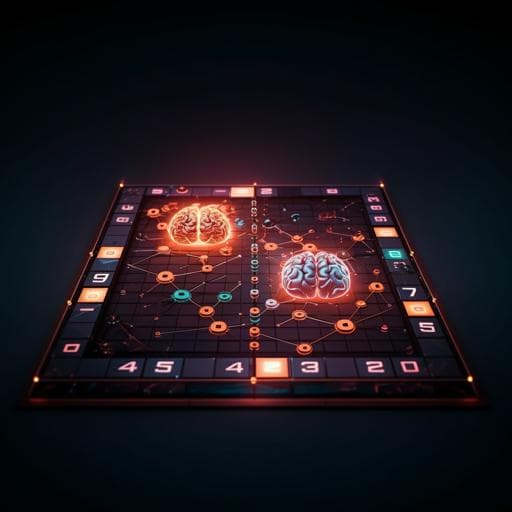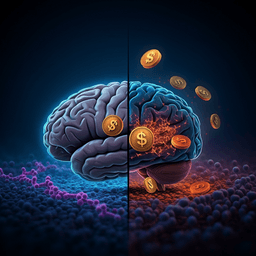
Psychology
Dopamine and serotonin in human substantia nigra track social context and value signals during economic exchange
S. R. Batten, D. Bang, et al.
Explore groundbreaking research on how dopamine and serotonin influence our social interactions, revealing distinct roles for these neurotransmitters during the ultimatum game. Conducted by a team of experts including Seth R. Batten and Peter Dayan, this study uncovers the complexities of human decision-making.
Related Publications
Explore these studies to deepen your understanding of the subject.







